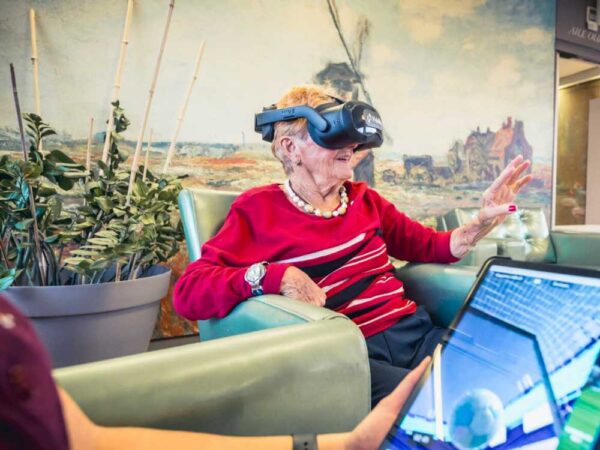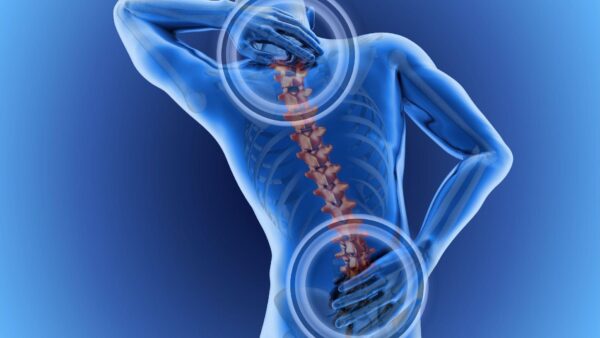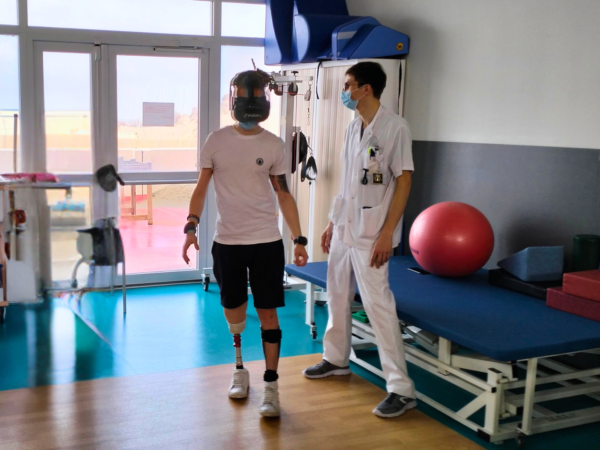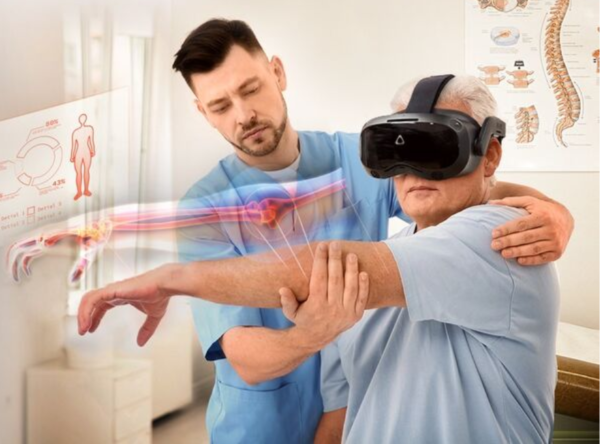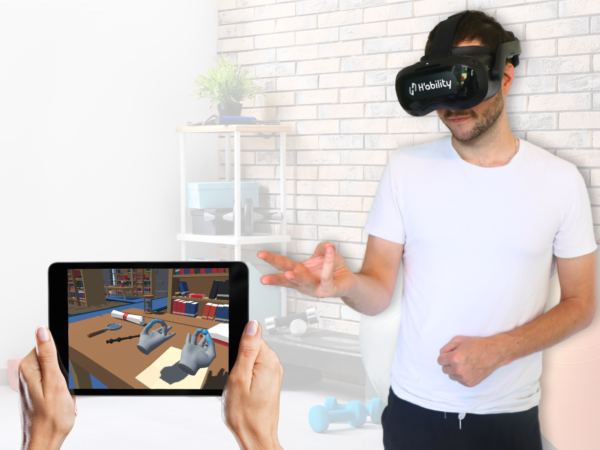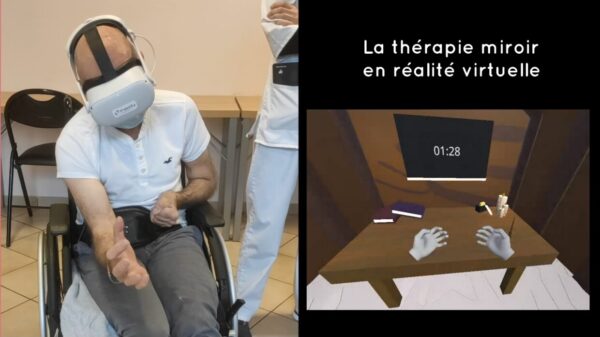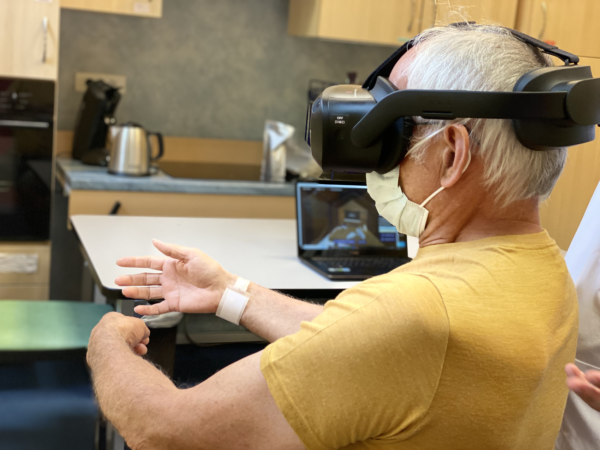Virtual Reality: a promising ally for the rehabilitation of seniors after a fall
Virtual Reality: a promising ally for the rehabilitation of seniors after a fall Falls in the elderly are a major public health problem, often synonymous with loss of autonomy and quality of life (Ambrose et al., 2013). Rehabilitation sessions, crucial to promoting recovery, can be optimized thanks to...

